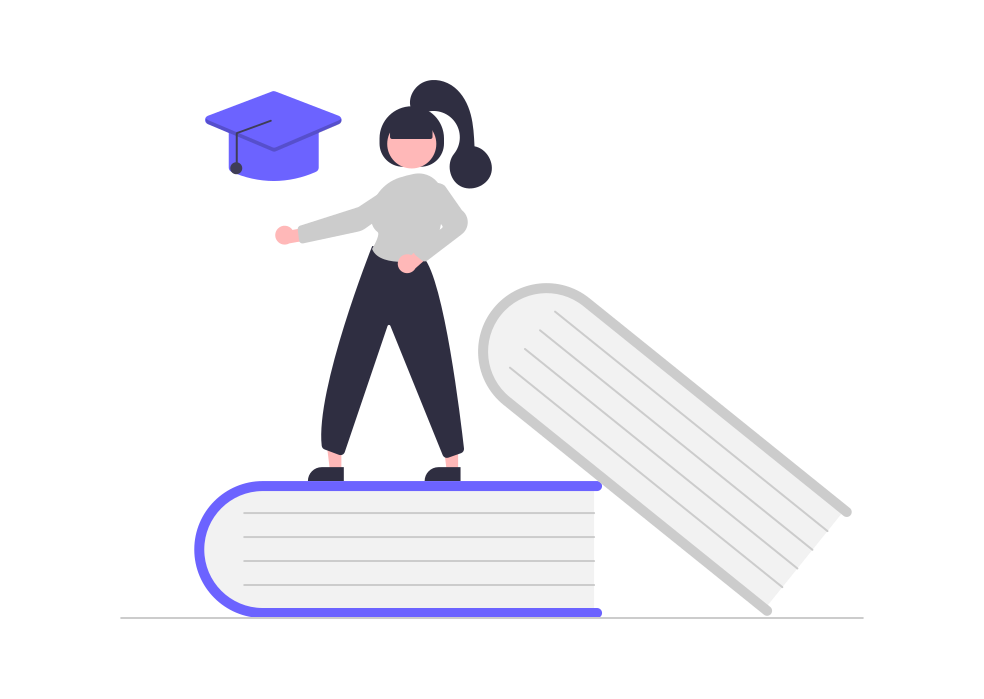In recent years, the education industry has undergone a significant transformation, driven by advancements in technology and changing learner expectations. One of the most impactful developments is the integration of artificial intelligence (AI) into personalized marketing strategies. Among these AI innovations, ChatGPT has emerged as a game-changer, enabling educational institutions to deliver highly tailored experiences to students, parents, and educators. This blog explores the role of ChatGPT in personalized marketing for the education sector, highlighting its benefits and applications.
Understanding ChatGPT and Its Capabilities
ChatGPT, a state-of-the-art language model developed by OpenAI, excels in natural language processing (NLP). It can understand and generate human-like text based on the input it receives. This capability allows ChatGPT to engage in meaningful conversations, answer queries, and provide personalized recommendations, making it an invaluable tool for personalized marketing in education.
Enhancing Student Engagement
One of the primary challenges in the education sector is maintaining student engagement. ChatGPT addresses this issue by offering personalized interactions that cater to individual student needs. For instance, when integrated into educational platforms, ChatGPT can provide customized study plans, recommend resources, and offer motivational support. By understanding each student's learning style and preferences, ChatGPT can create a more engaging and effective learning experience.
Personalized Communication
Effective communication is crucial for educational institutions to connect with students and parents. ChatGPT can streamline this process by delivering personalized messages and updates. Whether it's reminding students about deadlines, providing feedback on assignments, or informing parents about upcoming events, ChatGPT ensures that the communication is relevant and timely. This personalized approach fosters stronger relationships between institutions and their stakeholders.
Data-Driven Insights
The use of ChatGPT in personalized marketing also allows educational institutions to harness the power of data-driven insights. By analyzing interactions and feedback, ChatGPT can identify trends and patterns in student behavior. This information can be used to refine marketing strategies, develop targeted campaigns, and improve overall student satisfaction. The ability to leverage data in this way enhances the institution's capacity to meet the evolving needs of its audience.
Streamlining Administrative Tasks
In addition to enhancing student engagement and communication, ChatGPT can significantly streamline administrative tasks. For example, it can handle routine inquiries about admissions, course details, and campus facilities, freeing up staff to focus on more complex and value-added activities. This efficiency not only improves the overall operational effectiveness of the institution but also enhances the experience for prospective and current students.
Supporting Educators
ChatGPT isn't just beneficial for students and administrative staff; it also supports educators. By providing real-time assistance and resources, ChatGPT can help teachers develop lesson plans, find supplementary materials, and stay updated with the latest educational trends. This support enables educators to deliver higher-quality instruction and fosters a collaborative learning environment.
Enhancing Accessibility and Inclusivity
One of the most significant advantages of ChatGPT in the education sector is its ability to enhance accessibility and inclusivity. ChatGPT can provide personalized support to students with diverse needs, including those with disabilities or language barriers. By offering tailored assistance, such as reading materials in different formats or multilingual support, ChatGPT ensures that all students have equal access to educational opportunities.
Boosting Enrollment and Retention
Personalized marketing is essential for attracting and retaining students. ChatGPT plays a crucial role in this by delivering tailored content and recommendations that resonate with prospective students. From personalized virtual campus tours to customized information about programs and scholarships, ChatGPT helps institutions stand out in a competitive market. Additionally, by providing ongoing personalized support, ChatGPT contributes to higher student retention rates.
Future Prospects of ChatGPT in Education
The potential of ChatGPT in personalized marketing for education is vast and continually evolving. As AI technology advances, ChatGPT is expected to become even more sophisticated, offering deeper insights and more nuanced interactions. Future developments may include enhanced emotional intelligence, allowing ChatGPT to better understand and respond to students' emotional states, further personalizing the educational experience.
Conclusion
The integration of ChatGPT into personalized marketing strategies is revolutionizing the education industry. By enhancing student engagement, streamlining communication, providing data-driven insights, and supporting both students and educators, ChatGPT is helping educational institutions deliver more personalized and effective experiences. As AI technology continues to evolve, the role of ChatGPT in education is set to expand, offering even greater benefits and transforming the way institutions connect with their audiences.


